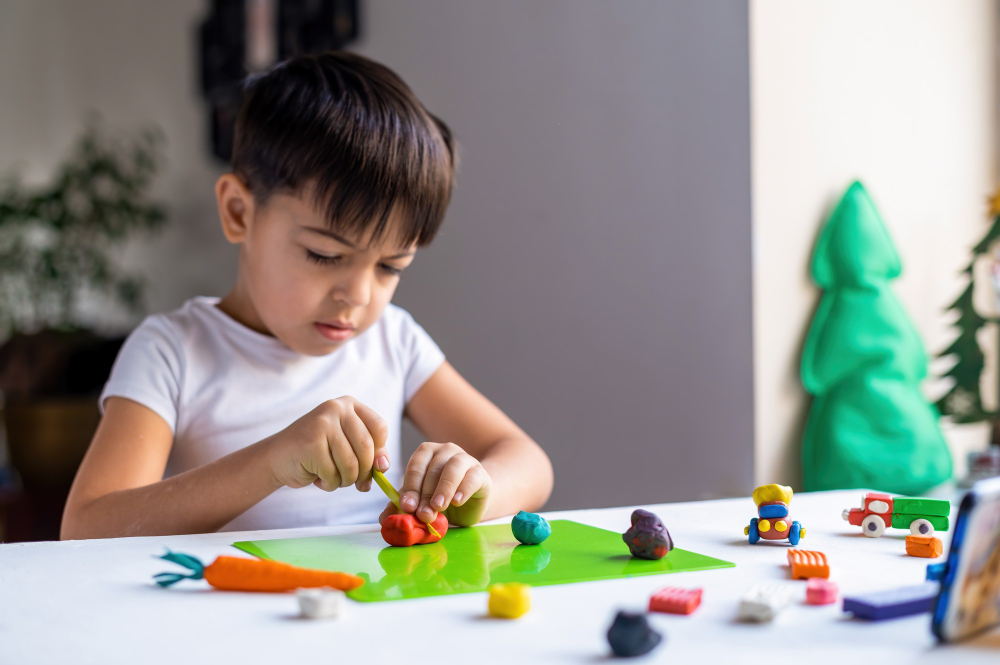Children learn in many different ways. With advancement in human development research, It is of utmost importance that there should be huge focus on play based learning for the younger years.
Play is much more than just having fun. While playing, your child learns and develops important skills they will continue to use throughout their lifetime.
In this article, we’ll discuss the social stages of play for children 0-6+ years. There are 6 stages of play during early childhood – all six of which are important for all areas of child’s development.
The first one is-
Unoccupied play: 0-3 months
In this stage of play most babies move their arms and legs with no purpose or specific reason. It is the beginning of play and their attempt at observing the world around them.
Solitary play: 0-2 years
Children at this stage prefer to play on their own and are often disinterested in group play.
Onlooker play: 2 years
Children observe others play but do not join the play. They will have queries and questions about the play but wouldn’t actively participate in it.
Parallel play: 2-3 years
In this play children play close to each other but make very little or no involvement with each other. They may play similarly or try to copy actions through observation.
Associate play: 2-3 years
Children show interest in playing with each other. They form groups and share toys. This is important for developing cooperation, ability for waiting turns, problem solving and other higher functions.
Cooperative/social play: 4-6 years
Children are interested in both the people and the activity. The play is organised around specific tasks and to accomplish goals developed by the group. This kind of play brings together skills from all other stages.
After the age of 6, most play is divided in male/female groups. A child’s interest also plays an important role in him/her initiating a friendship for group play.
Why is play so important?
Play is important because it is a type of trial and error learning opportunity.
- It gives children the opportunity to practise skills they will need in the future.
- It encourages teamwork and develops social skills.
- It encourages decision making skills.
- It allows them to explore the world on their own terms.
If your child is struggling with play by themselves or with others when older, Or showing signs of delayed developmental milestones/speech delay consult a paediatric specialist, occupational therapist, or speech pathologist.
Kavya Rath
Occupational therapist
